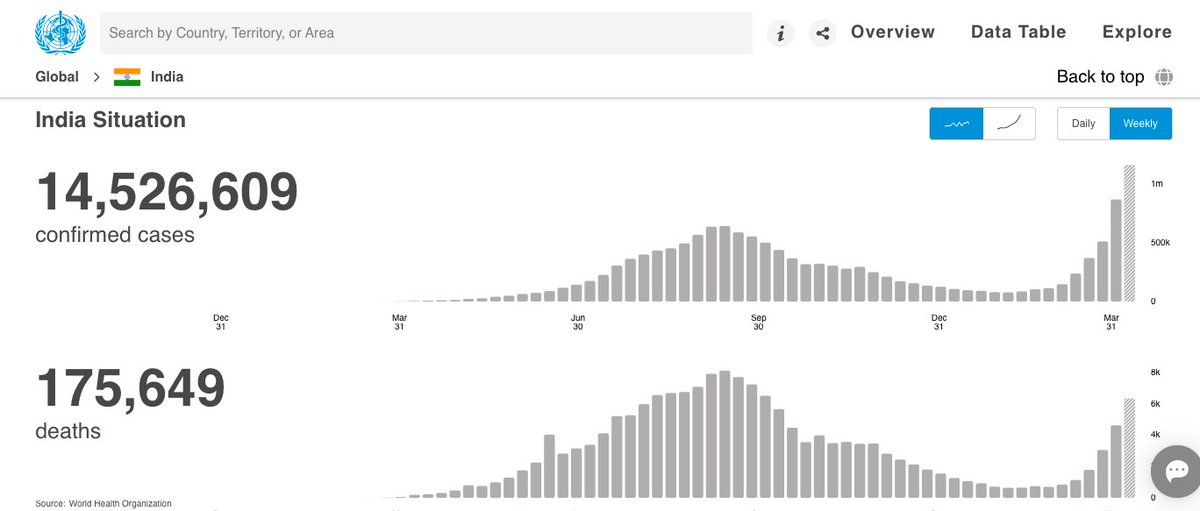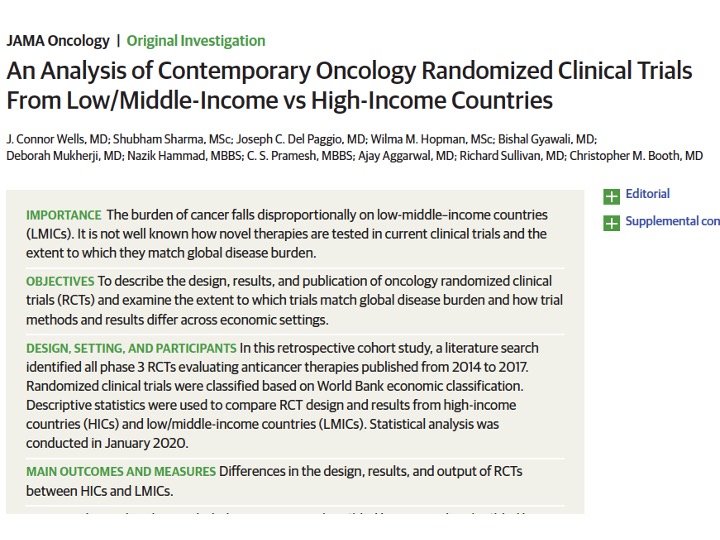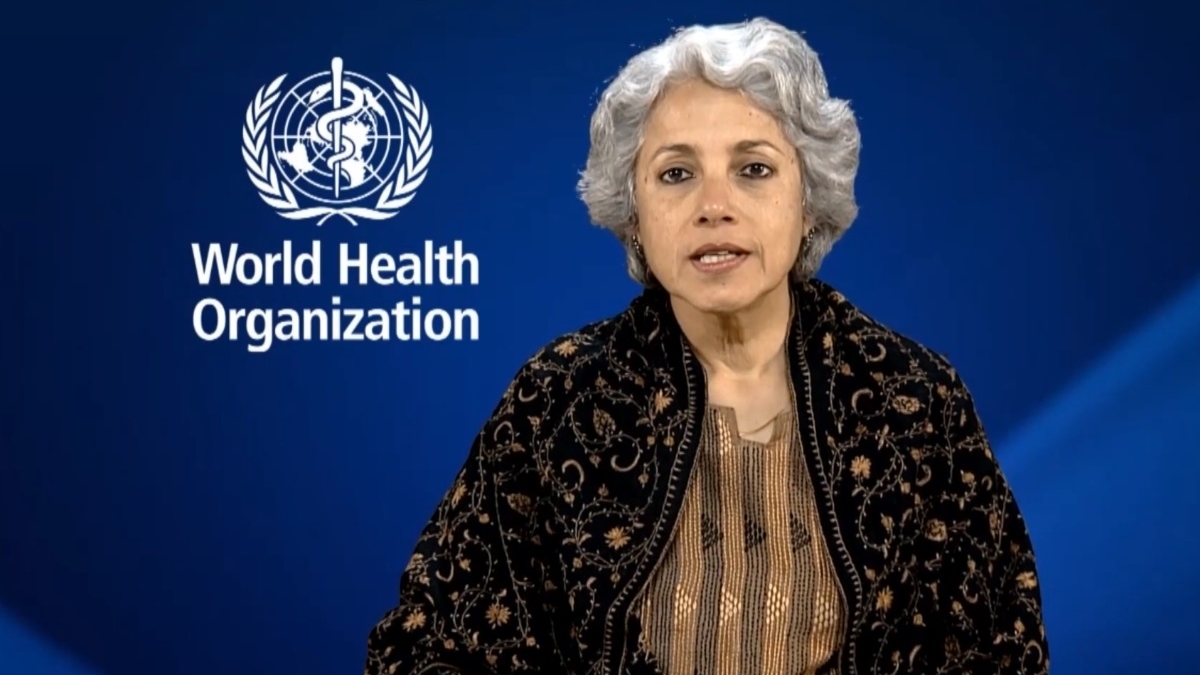
Today, our usual "Thursday morning meeting" at @TataMemorial was anything other than usual...
0.4%. This number becomes significant in the last tweet of this thread.
Follow on.
0.4%. This number becomes significant in the last tweet of this thread.
Follow on.
The topic for today's meeting was "How have nurses contributed to the @TataMemorial #COVID_19 response? This was planned to coincide with the #InternationalNursesDay2021 and the #InternationalNursesWeek
Our very unassuming Deputy Nursing Superintendent made the presentation. For the next 25 minutes, the audience was spellbound. She described how the nurses helped @TataMemorial handle the pandemic over the past 15 months.
She spoke (very matter-of-fact) about how the nurses led our response. Training each other on #InfectionPreventionControl
Trained the rest of our staff as well. Took on several responsibilities beyond their routine work
Trained the rest of our staff as well. Took on several responsibilities beyond their routine work
For example, contact tracing. Something they'd never been trained for. As she said, most of our nurses had notebooks of contact tracing longer than their kids' homework
As an administrator, I never got a "No" or a "It's difficult" for an answer. We opened up new wards for #COVID_19 virtually overnight. Magically, all the infrastructure including equipment, monitors and crash carts appeared in the new wards
We started a whole lot of new areas to cope with the pandemic: fever OPD, screening, new inpatient wards, quarantine centres, vaccination centres. And the nurses were in the thick of it all.
And the teamwork they showed! Remarkable. Watching out for each other, making sure they didn't get burnt out, lending a helping hand, sometimes a shoulder to cry on. Remember, these were all nurses, with families, with kids to take care of
Let's not forget the sacrifices they made. Many of them haven't seen their kids or their parents, for more than a year for fear of passing on the infection to them. Selflessly serving humanity, the way only nurses can do
The biggest lessons they taught us doctors, was how to work as a team, how to lead from the front, and how to be compassionate and caring, even when they were going through their own problems, their own troubles in life.
On this memorable occasion of #InternationalNursesWeek, let us all recognize the immense sacrifices, the sheer commitment, and selfless dedication that nurses have, day after day, night after night. Respect 🙏
Epilogue: the presentation received a standing ovation from our staff. For those who think these are given away liberally, let me assure you, they're not. We've had 4 standing ovations in the 20+ years that I've worked at @TataMemorial That's over a 1000 presentations.
0.4%
0.4%
• • •
Missing some Tweet in this thread? You can try to
force a refresh






